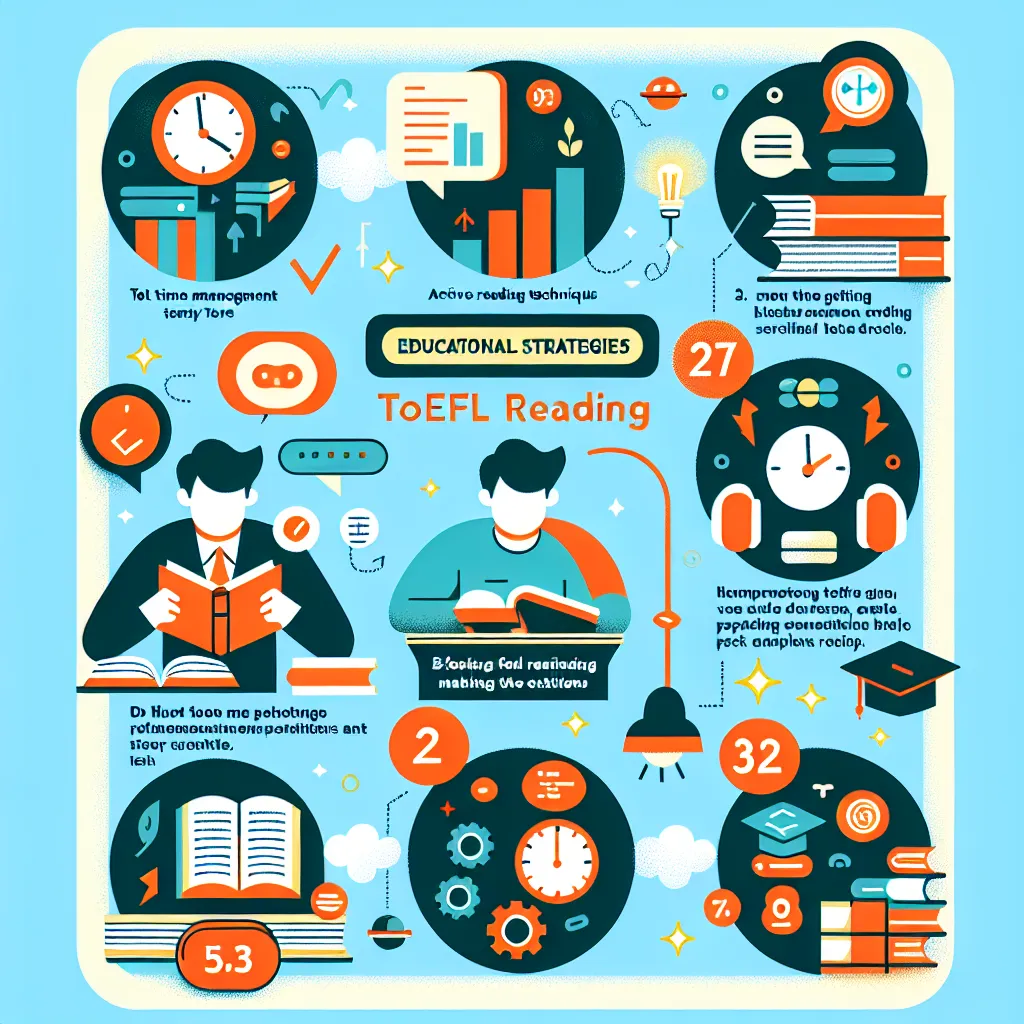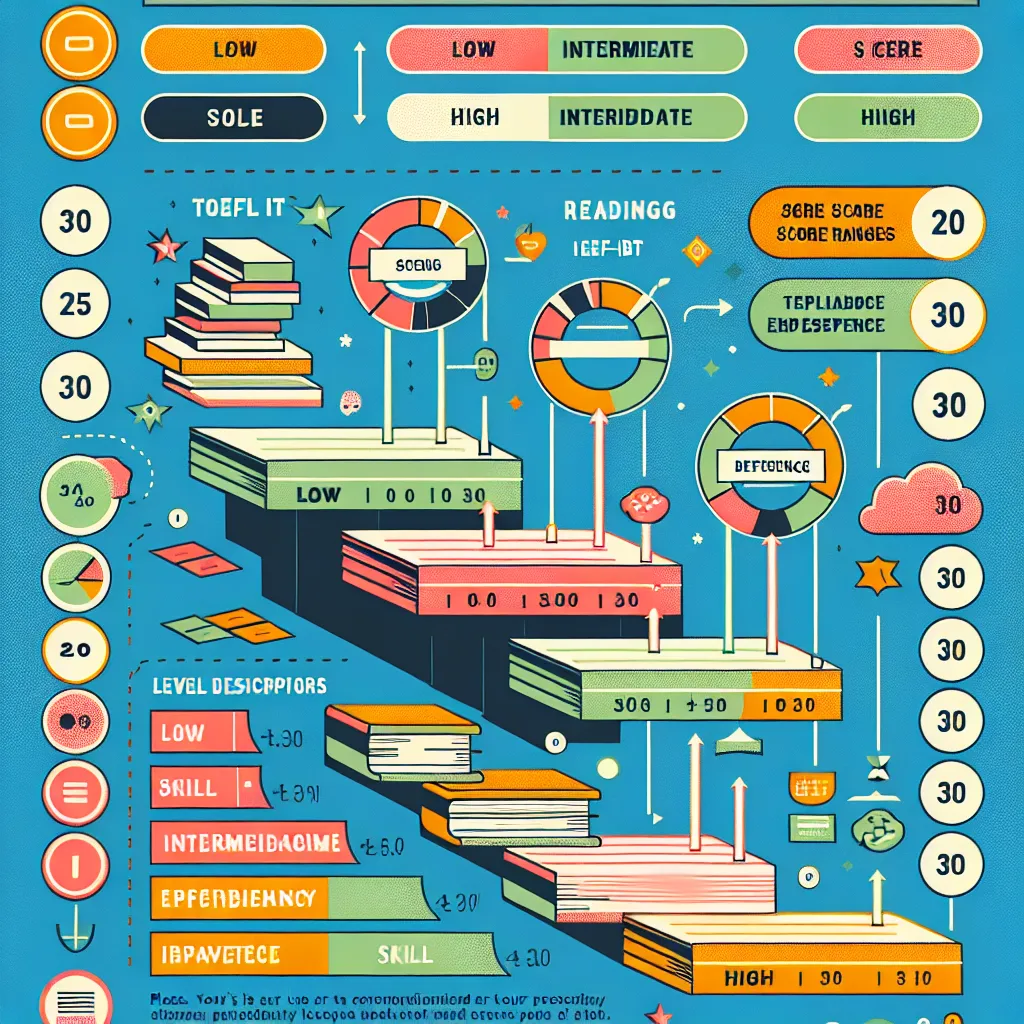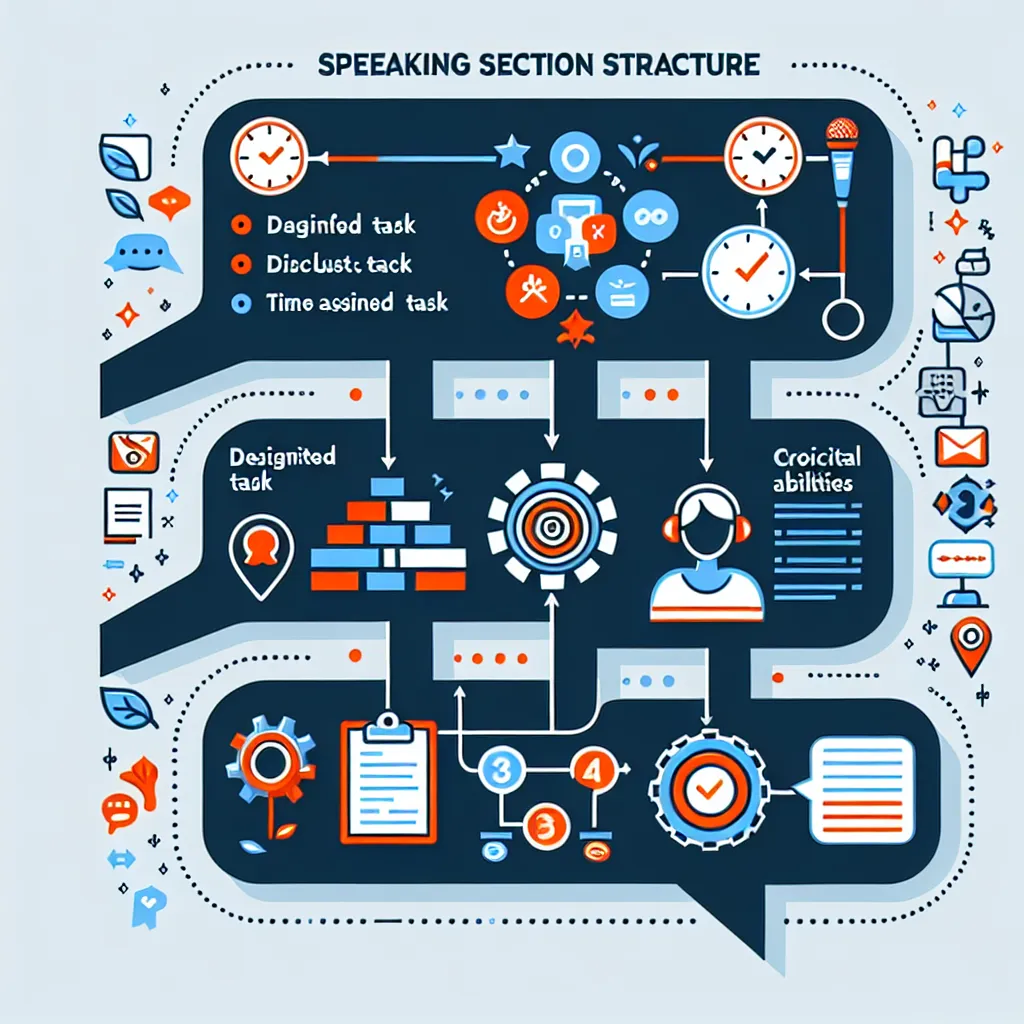Are you looking to boost your TOEFL Reading score in a short amount of time? Whether you’re preparing for an upcoming test date or simply want to enhance your English reading comprehension skills, this guide will provide you with effective strategies to improve your TOEFL Reading score quickly. As an experienced TOEFL instructor and content creator, I’ll share proven techniques and practical tips to help you succeed in this crucial section of the exam.
 TOEFL Reading Preparation
TOEFL Reading Preparation
Understanding the TOEFL Reading Section
Before diving into improvement strategies, it’s essential to understand the structure and requirements of the TOEFL Reading section. This knowledge will help you focus your efforts and maximize your score potential.
Key Features of TOEFL Reading
- 3-4 passages, each 700-750 words long
- 10 questions per passage
- 54-72 minutes total (18 minutes per passage)
- Topics from academic texts in various fields
- Question types: multiple choice, insert sentence, and summary completion
Effective Strategies to Improve Your TOEFL Reading Score
Now that we’ve covered the basics, let’s explore specific strategies to enhance your performance and boost your score quickly.
1. Expand Your Vocabulary
A robust vocabulary is crucial for success in the TOEFL Reading section. Here are some techniques to rapidly build your word bank:
- Learn root words, prefixes, and suffixes to decipher unfamiliar terms
- Study academic word lists specific to TOEFL preparation
- Use flashcards or vocabulary apps for daily practice
- Read diverse academic texts to encounter words in context
2. Practice Active Reading Techniques
Improve your comprehension and speed with these active reading strategies:
- Skim the passage for main ideas before reading in detail
- Identify topic sentences and key supporting details
- Use contextual clues to understand unfamiliar words
- Practice making mental summaries of each paragraph
3. Time Management and Pacing
Effective time management is critical for completing all questions within the allotted time:
- Allocate 18 minutes per passage, leaving time for review
- Spend 3-5 minutes skimming the passage before answering questions
- Practice with timed exercises to improve your speed
- Learn to identify question types quickly for efficient answering
4. Familiarize Yourself with Question Types
Understanding the various question types will help you approach them more strategically:
- Factual Information: Locate specific details in the passage
- Inference: Draw conclusions based on implied information
- Vocabulary: Define words or phrases in context
- Reference: Identify what pronouns or other words refer to
- Summary: Select main ideas to complete a summary of the passage
5. Develop Critical Reading Skills
Enhance your ability to analyze and interpret academic texts:
- Practice identifying the author’s purpose and tone
- Look for patterns of organization within passages
- Learn to distinguish between main ideas and supporting details
- Practice making inferences based on given information
 TOEFL Reading Strategies
TOEFL Reading Strategies
6. Use High-Quality Practice Materials
Expose yourself to authentic TOEFL-style passages and questions:
- Invest in official TOEFL preparation books and online resources
- Use practice tests from reputable sources to simulate exam conditions
- Analyze your performance to identify weak areas for improvement
7. Improve Reading Speed and Comprehension
Enhance your overall reading efficiency:
- Practice timed reading exercises to increase your words-per-minute rate
- Use the finger-tracking method to maintain focus and pace
- Read a variety of academic texts daily to build stamina and familiarity
8. Master the Art of Elimination
For multiple-choice questions, learn to eliminate incorrect options:
- Look for extreme language (always, never) that often indicates an incorrect choice
- Identify answers that are true but irrelevant to the question
- Practice recognizing distractors that use similar wording to the passage
9. Develop a Strategic Approach to Each Passage
Create a systematic method for tackling each reading passage:
- Skim the passage and questions quickly (2-3 minutes)
- Read the passage more carefully, taking brief notes (5-7 minutes)
- Answer questions in order, referring back to the passage as needed (8-10 minutes)
- Review and check answers if time allows (1-2 minutes)
10. Focus on Your Weaknesses
Identify and target your specific areas of difficulty:
- Review your practice test results to pinpoint recurring mistakes
- Allocate extra study time to challenging question types or topics
- Seek additional resources or tutoring for persistent problem areas
Important Considerations
As you work on improving your TOEFL Reading score, keep these points in mind:
- Consistency is key: Regular practice is more effective than cramming
- Balance is crucial: Don’t neglect other TOEFL sections while focusing on reading
- Stress management: Develop techniques to stay calm and focused during the exam
- Health matters: Maintain good sleep habits and nutrition for optimal brain function
Next Steps
Now that you have a comprehensive strategy for improving your TOEFL Reading score quickly, it’s time to put these tips into action:
- Create a study schedule incorporating daily reading practice
- Set specific, measurable goals for vocabulary acquisition and reading speed
- Take a full-length practice test to establish your baseline score
- Implement the strategies outlined in this guide during your practice sessions
- Regularly assess your progress and adjust your approach as needed
Remember, significant improvement in TOEFL Reading skills is achievable with dedicated effort and smart study strategies. Stay focused, remain consistent, and you’ll see your scores improve in no time.
By following these expert tips and strategies, you’ll be well on your way to achieving your target TOEFL Reading score. Good luck with your preparation, and feel free to explore our other TOEFL-related articles for more valuable insights and advice!




